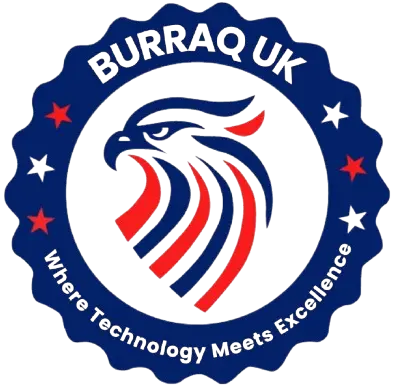ISO 20121 Sustainable Event
ISO 20121 is an international standard that provides a framework for managing events in a sustainable and socially responsible way. It helps organizations plan and deliver events — of any size or type — while minimizing negative environmental, social, and economic impacts and enhancing positive contributions.
Developed by the International Organization for Standardization (ISO), this standard was first introduced in 2012, notably used for the London 2012 Olympics, and is now widely adopted by event organizers around the world.

Aim of ISO 20121 Sustainable Events
Provide a structured framework for planning and managing events sustainably — reducing negative environmental, social, and economic impacts, while maximizing positive outcomes for all stakeholders.
Course Overview
ISO 20121 Sustainable Event
Total Modules 6
Training Credits 18
Directed Learning Hours (DLH) 60
Course Code BUK1938
- Event Organizers (conferences, festivals, exhibitions, sports events, etc.)
- Event Management Companies
- Venues & Hospitality Providers (stadiums, convention centers, hotels)
- Cultural Institutions (museums, theatres, heritage sites)
- Government Bodies and Municipal Councils
- Corporate Event Teams (for internal or public-facing events)
- Sponsoring Organizations that wish to align with sustainable practices
- NGOs & Community Groups organizing awareness or charity events
| Course Code | Curriculum Title | Credit | DLH |
|---|---|---|---|
| BUK1938-1 | Introduction to Sustainable Event Management | 3 | 10 |
| BUK1938-2 | Understanding the ISO 20121 Standard | 3 | 10 |
| BUK1938-3 | Context of the Organization | 3 | 10 |
| BUK1938-4 | Leadership and Strategic Commitment | 3 | 10 |
| BUK1938-5 | Planning for Sustainability | 3 | 10 |
| BUK1938-6 | Performance Evaluation | 3 | 10 |
Module 1: Introduction to Sustainable Event Management
- What is sustainability in the context of events?
- History and purpose of ISO 20121
- Overview of the standard’s structure and principles
- Key benefits of adopting ISO 20121
Module 2: Understanding the ISO 20121 Standard
- Detailed review of clauses and requirements
- Process-based approach to sustainability
- Key terms: sustainable development, stakeholders, legacy, etc.
- Relationship with other ISO standards (ISO 9001, 14001, etc.)
Module 3: Context of the Organization
- Identifying internal and external issues
- Understanding the needs of stakeholders
- Determining the scope of the Sustainable Event Management System (SEMS)
Module 4: Leadership and Strategic Commitment
- Role of top management
- Sustainability policy creation
- Integrating sustainability into event planning culture
Module 5: Planning for Sustainability
- Identifying risks and opportunities
- Setting sustainability objectives and KPIs
- Action plans for environmental, social, and economic impacts
- Legal and compliance considerations
Module 6: Operational Control
- Integrating sustainability into event operations
- Supplier and contractor engagement
- Waste management, energy efficiency, accessibility, and inclusivity
- Documentation and resource control
Module 7: Performance Evaluation
- Monitoring and measuring sustainability performance
- Internal audits
- Stakeholder feedback and satisfaction
- Management review processes
Module 8: Improvement and Continual Development
- Corrective actions and nonconformities
- Case studies of real-world improvements
- Sustainable event legacy planning
- Tools for continuous improvement
Module 9: Certification and Implementation Roadmap
- Steps to become ISO 20121 certified
- Working with auditors and certification bodies
- Documentation checklist and readiness assessment
- Maintaining compliance over time
- Event Management Companies
- Corporate Event Planners
- Conference and Exhibition Organizers
- Sporting Event Committees
- Festival and Cultural Event Teams
- Concert and Entertainment Promoters
- NGOs and Non-profits organizing awareness events
- Government Bodies managing public events or tourism campaigns
- Venue Operators (stadiums, convention centers, hotels)
- Sustainability Consulting Firms
- All Modules within this qualification are assessed internally by the approved training Centre and externally verified by BURRAQ UK. The program uses a criterion-referenced assessment approach to ensure that learners successfully meet all required learning outcomes.
- A Pass in any unit is granted only when the learner submits valid, reliable, and authentic evidence that demonstrates achievement of the assessment criteria. The Assessor is responsible for reviewing this evidence and confirming that the learner has attained the expected standard.
